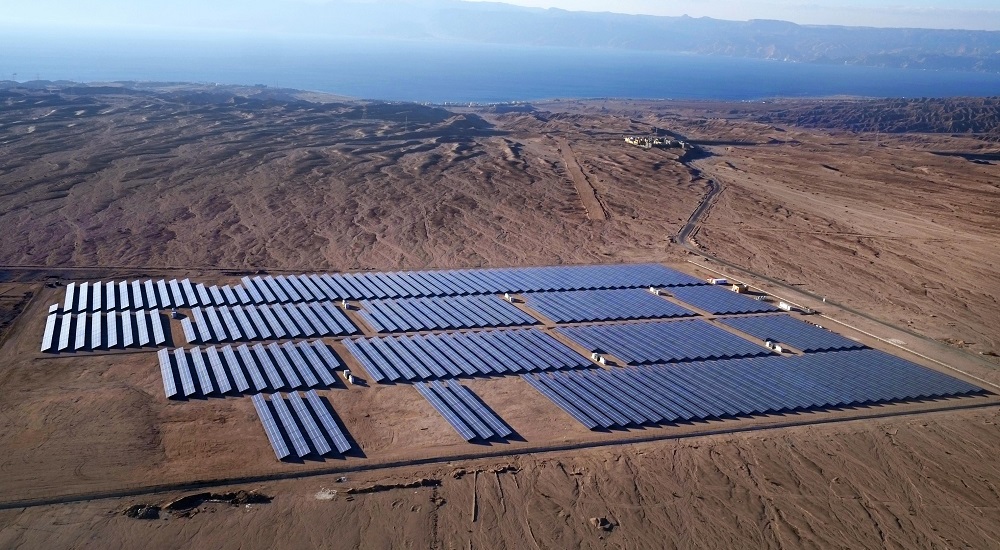The European Bank for Reconstruction and Development (EBRD) has granted a $256 million loan to Jordan’s state-owned power utility NEPCO.
The EBRD announced the funds will be used by NEPCO to repay short-term debt and to enhance the capabilities of the Jordanian power network.
Grid improvements will include the construction of substations, as well as the introduction of automated grid management systems and transmission infrastructure.
“As a result, solar energy generated in the north and south of the country will be able to feed into the grid, and be directed towards areas with high demand, such as the capital, Amman,” the ERBD said.
The bank will also help the Jordanian government implement reforms to improve the utility’s governance and operations.
According to the latest statistics, Jordan’s renewable energy capacity stood at 732 MW at the end of 2017, mostly in the form of PV. In April, however, the 103 MW Quweira solar project – the country’s largest – was commissioned. Another 2.2 GW of renewables is set to be deployed by 2021.
Despite those efforts, and a clear policy of incentives for solar through tenders and net metering, Jordan still covers its power demand with around 90% of imported fossil fuel-derived energy.
NEPCO’s power system relies on 3,186 MW of installed capacity, and has two 400 kV tie lines connecting it with those of Syria and Egypt.
This content is protected by copyright and may not be reused. If you want to cooperate with us and would like to reuse some of our content, please contact: editors@pv-magazine.com.




By submitting this form you agree to pv magazine using your data for the purposes of publishing your comment.
Your personal data will only be disclosed or otherwise transmitted to third parties for the purposes of spam filtering or if this is necessary for technical maintenance of the website. Any other transfer to third parties will not take place unless this is justified on the basis of applicable data protection regulations or if pv magazine is legally obliged to do so.
You may revoke this consent at any time with effect for the future, in which case your personal data will be deleted immediately. Otherwise, your data will be deleted if pv magazine has processed your request or the purpose of data storage is fulfilled.
Further information on data privacy can be found in our Data Protection Policy.